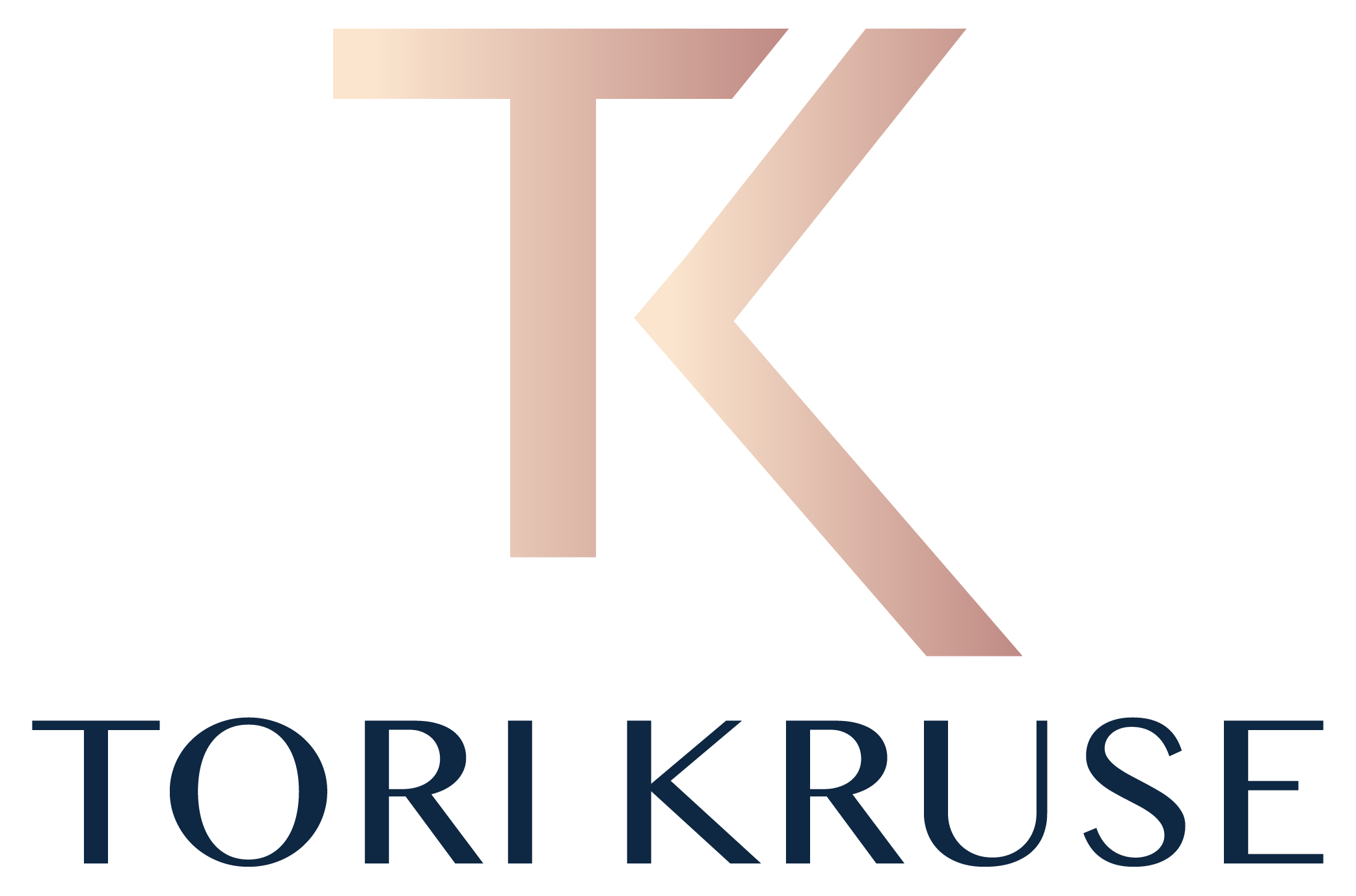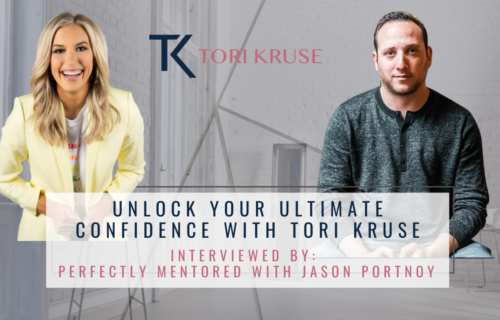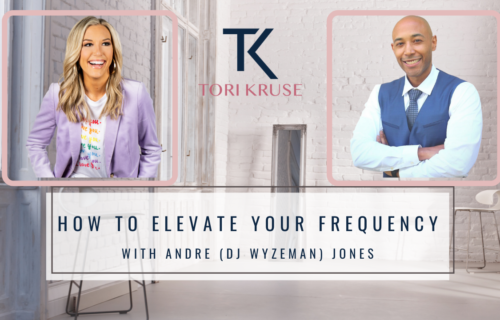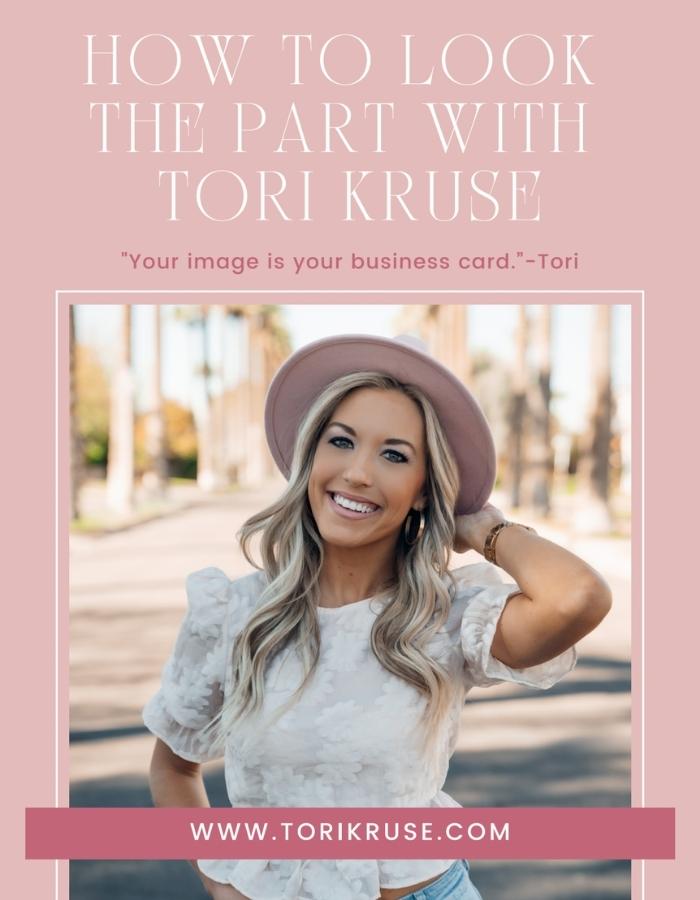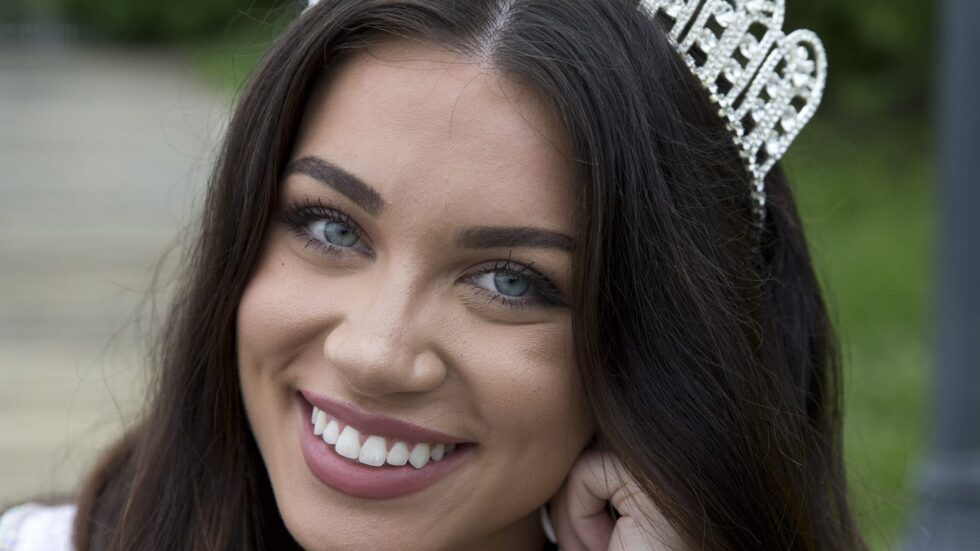
Knowing Your Worth and Identifying Domestic Abuse
Today’s conversation is one that I think we all need to hear. It deals with something that many of us may not notice but is affecting our daily lives. I’m talking about relationship abuse — and it is way more common than we realize. One in three women and one in four men in relationships will experience some form of abuse from their partner. Individuals in these types of situations are often manipulated and fear mongered into accepting a false sense of reality. I know because I myself have been a victim of this type of relationship in the past.
Here to discuss this topic with me is Miss New Jersey USA 2020, Gina Mellish! Gina is an advocate against dating violence, a survivor of relationship abuse, and a speaker for the One Love Foundation.
Gina’s story starts in high school, where she was very much a tomboy, who focused on sports, and not which pair of heels to wear. However, during her sophomore year of high school, her volleyball teammate and friend won Miss Teen New Jersey! As someone who Gina looked up to, as a leader and strong woman, she herself decided to try out pageantry. It was during this time that she started to foster genuine and deep connections with like-minded women in the pageantry community. These healthy and supportive friendships assured Gina that she was in the right place.
“I feel like having that community of women that are ambitious, strive for their goals, it is hard to come by, but when it does, it’s so powerful.”

It was during this time that Gina also started to date her then-boyfriend. Like all relationships, in the beginning, it seemed perfect. We place our “love blinders” on and fall into a relationship that we believe is healthy. Gina’s relationship quickly became more intense and the infatuation ran high, but she brushed it off thinking that is just what love is about.
As their relationship progressed the belittling, the sabotaging, and the isolation crept in. Gina and her boyfriend graduated from high school and went to different colleges. However, it wasn’t long before he transferred to her college, and the abuse worsened. During this time, Gina found it difficult to make friends and have experiences separate from her boyfriend. In an effort to find her own community and self-independence she joined a sorority. Similar to the pageant girls she had grown to love, she found fellow strong-willed and supportive women in her sorority house.
One day, her sorority leaders recommended that the girls attend a workshop put on by the One Love Foundation. Gina was hesitant to go, but now credits that day for saving her life.
“I sat down in the back row, and I swear that the whole time I had to muffle my tears. For the first time, it was like someone understands me and knows what I’m going through. I didn’t even know what I was going through. It was like I knew something felt off in my gut, but I always thought that domestic violence couldn’t happen to me because that’s such a strong word… I feel like we always say it can happen to someone else, but not me. But it can happen to you.”
The One Love Foundation is focused on “educating young people about healthy and unhealthy relationships, empowering them to identify and avoid abuse and learn how to love better.” The organization was founded by Sharon Donnelly Love after her daughter, Yeardley, was abused and tragically murdered by her partner.
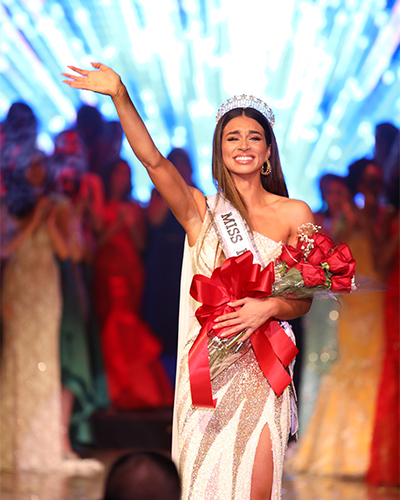
Abusive relationships are more than just physical. They can also be both emotional and financial. When we are in these types of relationships we often rationalize the behavior or normalize it as, “they really do love me, and mean well.” Common warning signs sometimes seem small, but should be paid attention to… those include:
- Belittling or talking down to
- Gaslighting
- Sabotaging behavior
- Isolation from loved ones
- Over intensity
“They seem very minuscule, especially with social media, there are so many things we seem to accept that are not acceptable. I think it is just important to understand that these standards that we have in place are important and to not lower them to other things that might be going one.”
Gina points out that deflecting responsibility in a relationship and for behavior is a major red flag that often gets swept under the rug. In addition, the sense of walking on eggshells is a sign that high volatility may exist in that relationship, which is neither healthy nor safe.
“Deflecting responsibility is a major form of abuse. You have a responsibility in a relationship to yourself, but also to the other person. So you can’t make excuses for your own actions. That’s another thing I love to tell survivors that it is never your fault for how the other person is reacting.”
If this conversation is sounding all too familiar, or you are aware you’re in an abusive relationship, be reminded that you do deserve better — and you can get out. The first step is, don’t blame yourself for being in this situation. Accept your feelings and the reality of your relationship.
“Know that we are all worthy of a healthy love. We are all deserving of that, instead of that unhealthy walking on eggshells type of relationship.”
I also want women and men reading this to know that you can’t change people, they have to change for themselves, and often hoping someone will change their behavior and love you the right way is a ticking time bomb. If you are thinking about leaving your partner, Gina recommends finding a community of survivors or loved ones that can help support you through the transition.
The healing process from an abusive relationship isn’t one size fits all. It is fluid and unique to your story. It will take time, but on the other side of the pain is a better future — where the love that loves you back is waiting. On average it takes someone seven times before they leave an abuser, this is your encouragement that you deserve more.
“This is something that One Love always says, but I love to say it because it is so true. We are taught so many things in life, but we’re not taught how to love. That’s one of the biggest things in our life… so we’re not taught what is healthy and what is unhealthy. So relationship education is not something we have grown up on. That is something I really love to share with people. Just letting them know there is no negative connotation to being a victim, and that you’re more of a survivor than a victim of anything.”
